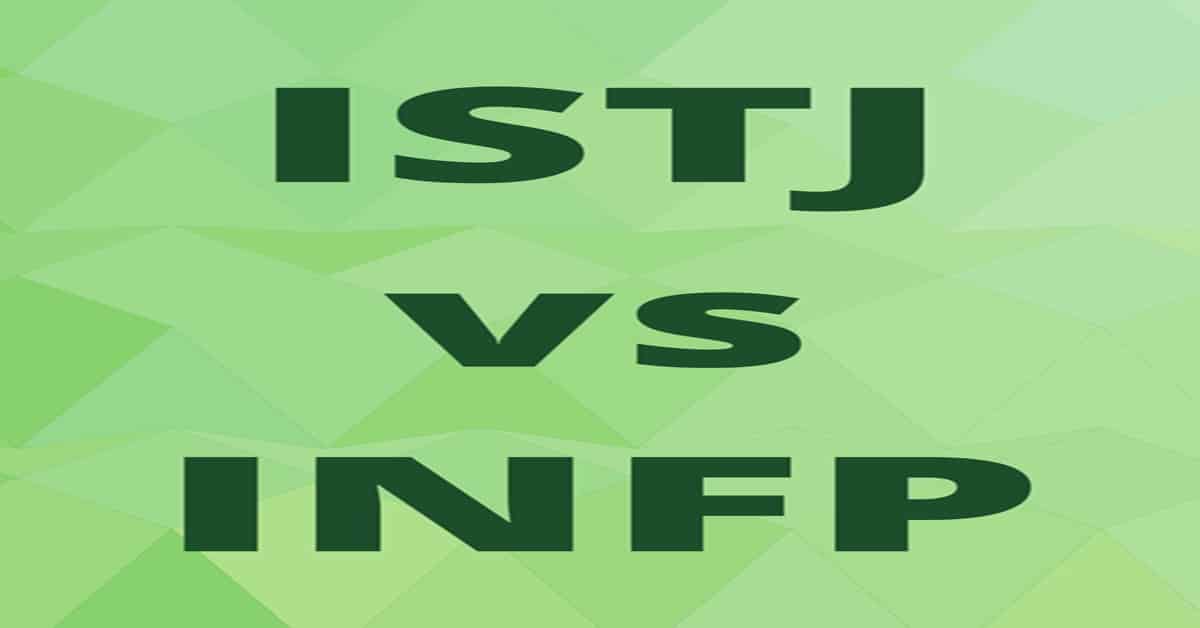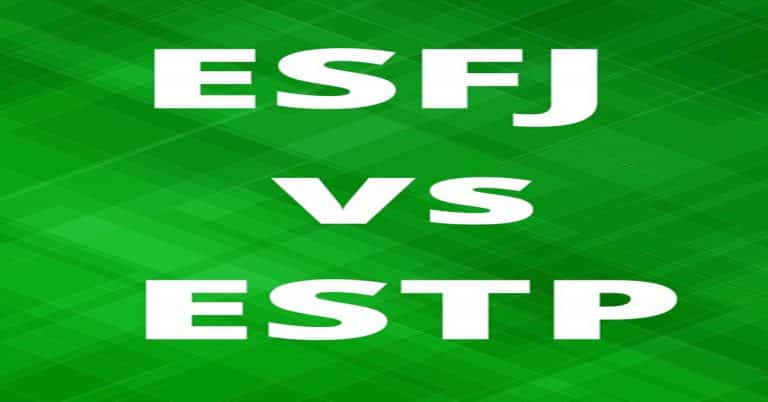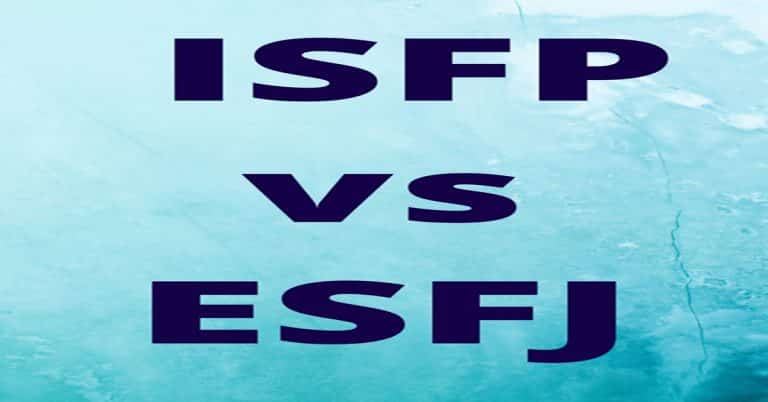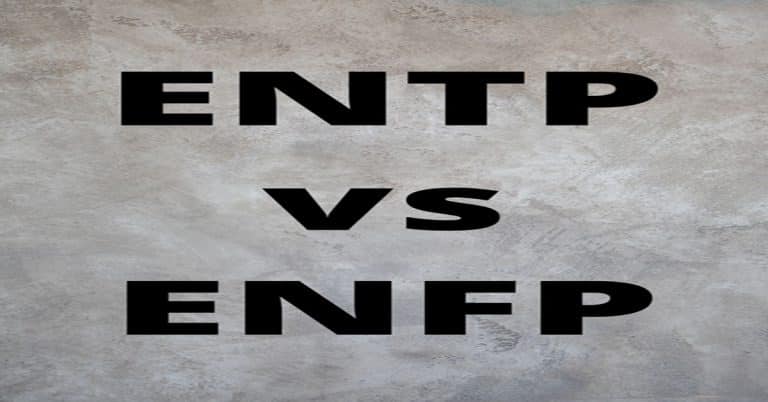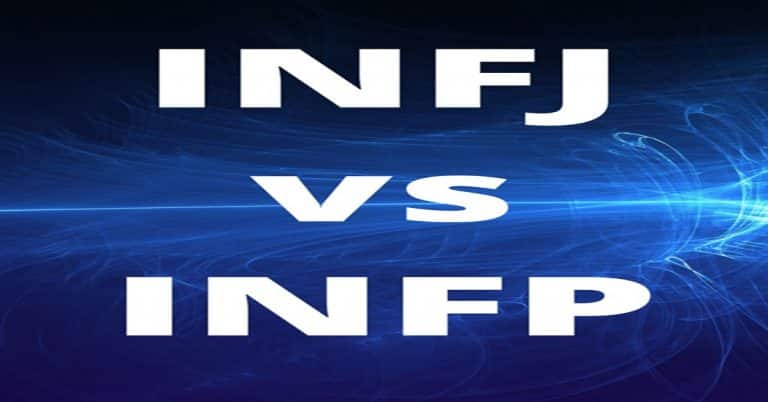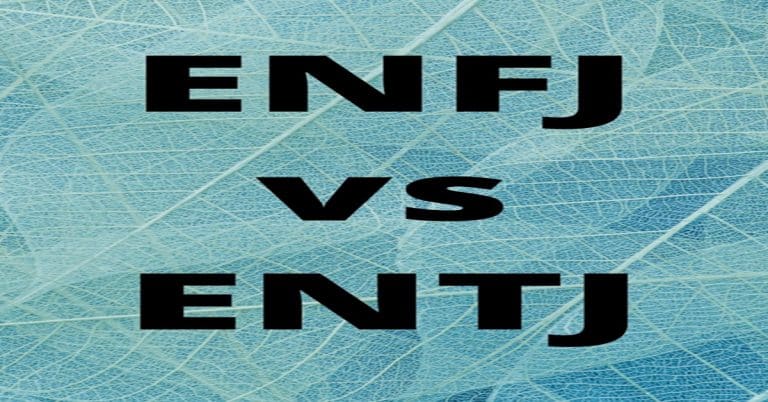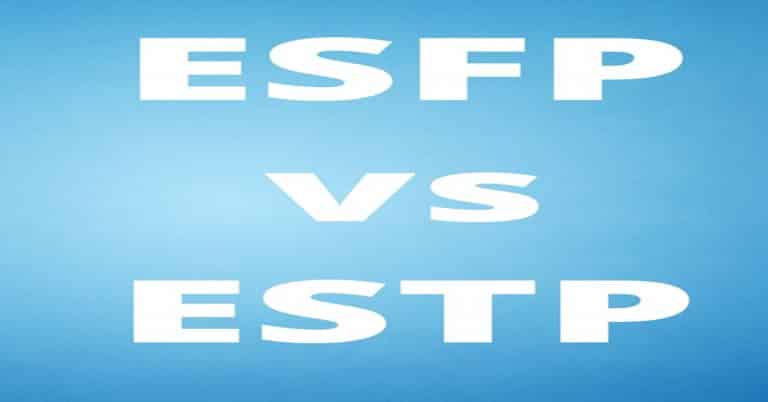ISTJ vs INFP
Some personality types from MBTI just can’t get along. They may have similar attitudes, the same characteristics, and personality traits, and some of them may even have the same thinking patterns but still not be compatible in romantic relationships. Unfortunately for some people, ISTJs and INFPs are on the list of those personality types.
ENFPs are very emotional people and can’t live without sharing their feelings with others. However, ISTJs are completely rational, hate describing what they feel, and dislike being around too sensitive people. They never express empathy and base all of their decisions on logic. Besides, they need time to take further steps because every single detail is essential for ISTJs. INFPs, on the contrary, are spontaneous and flexible and make decisions according to a given situation.
They are both introverted personalities, prefer to be alone instead of interacting with people. As a result of different preferences and the need to spend time alone, they can’t really get along and often argue with each other. In this article, we will compare ISTJ vs INFP and explore differences between them.
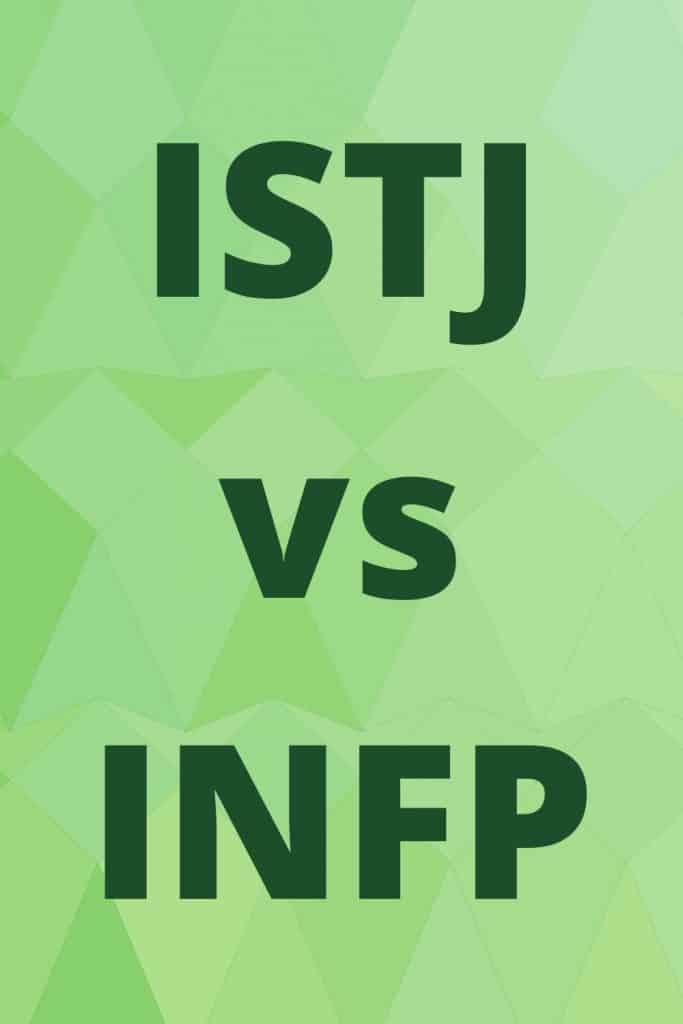
An Overview of ISTJ: The Investigator
ISTJ (Introverted, Sensing, Thinking, Judging) is considered one of the logical personalities from Myers-Briggs 16 types, and as a result, they are often called either Logisticians or Investigators. People with this personality type live in the present moment and focus on current problems instead of worrying about the future. They are very practical and analytical in their behavior and work hard to achieve their goals. Due to their self-determination, the great part of ISTJs is very successful in whatever they do.
ISTJs prefer living a quiet life. They are introverted people and feel uncomfortable in social situations. However, it never affects their self-esteem and in fact, they believe that they are better than other people with their analytical skills. ISTJs seem rather quiet in large groups but in smaller ones, they always stand out with their convincing way of speaking.
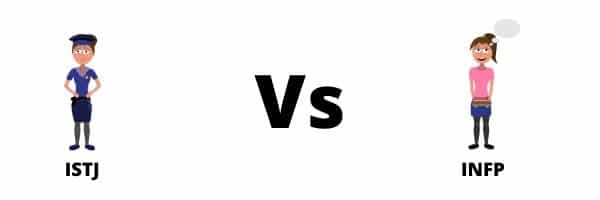
An Overview of INFP: The Mediator
INFPs (Introverted, Intuitive, Feeling, Perceiving) are also known as the Mediators or the Empaths. They’re very sensitive people, usually focused on other people’s needs and trying to make the world a better place. They prefer listening to others instead of talking and the reason is that they don’t consider themselves competent. They are very adaptable, sometimes spontaneous, and idealistic people.
INFPs always try to understand themselves and others better. They are focused on helping others in identifying their problems and then resolving them. However, usually, they prefer to spend time alone, explore their purpose in life and determine future goals. INFPs are not rational at all. They are born to be dreamers. Their inner world is very wide and as a result, they are hard to get to know.
ISTJ vs INFP – Differences in Characteristics
ISTJ and INFP are two very different personalities. The only major personality trait they share is Introversion (I). But the fact that both of them prefer to stay at home and be alone doesn’t tell us much about their compatibility. Considering the other three main traits that they don’t share, we can conclude that they have different visions of the world, different thinking patterns, and different preferences. Let’s compare ISTJ vs INFP and see if they have anything in common.
Values
- ISTJs believe that loyalty is vital for healthy relationships. They value traditions and follow the general rules of society. They usually like the idea of social structure and order and hate innovations. Besides, they value integrity and think that everyone should try to act in accordance with general laws.
- INFPs value deep connections with others. They are sensitive and caring people, very concerned about others and their own personal growth. They aim to improve the world and create a harmonious environment in order to help people feel safe and happy. Daydreaming is a great part of their lives.
Relationships
- ISTJs seek intelligence in relationships. They are very loyal and committed partners who never disappoint their lovers. Therefore, having an ISTJ partner means that you can completely rely on them. Since they respect traditions, they prefer typical gender roles. Limiting their partners in some matters. Although they passionately love their partners, ISTJs are not very romantic.
- Since INFPs are very empathetic people, it’s not surprising that they are passionate lovers. They usually accept other’s behavior and preferences and try to adapt to their partner’s requirements. INFPs are always ready to support and encourage their partners. They are loyal, sincere, and completely honest. People with this personality type are attracted to the same kind of people and hate when their partner is lying.
Leadership
- Being a leader is a natural occupation for people with ISTJ personalities. They are overly organized, punctual, and disciplined people, never forgetting about important details of the task. The team members usually like ISTJ leaders because they take everyone’s needs and skills into consideration and distribute the task fairly. Clear communication with the team is the main strength of ISTJ leaders.
- INFPs are very inspiring leaders who help every member of the team to develop personally. They are determined to improve the working environment and meet everyone’s needs. They are passionate to help the team achieve success and always encourage them to think outside the box. As a result, people like INFPs as leaders.
The Relationship Between ISTJ & INFP
As you probably already know, when it comes to relationships, ISTJs and INFPs have completely different preferences. ISTJs are fond of traditional gender roles while INFPs value originality. The only personality trait they have in common is introversion. However, there’s nothing positive about it because it means both of them prefer spending time alone instead of exploring the world together.
Considering this, it’s no wonder why the relationship between ISTJs and INFPs doesn’t really work. Still, ISTJs like INFPs warmth and creativity, while INFPs enjoy ISTJs’ rational decision-making. Therefore, they can get attracted to each other but usually, their relationship doesn’t last for long.
Bottom Line
Finally, we can say that there are more differences between ISTJ vs INFP than similarities. Their leadership styles are completely different, as well as attitudes towards love and life in general. Consequently, their relationship can hardly work. However, if you meet ISTJ and INFP couples in practice, it means that they have clear and effective ways of communicating with each other.

